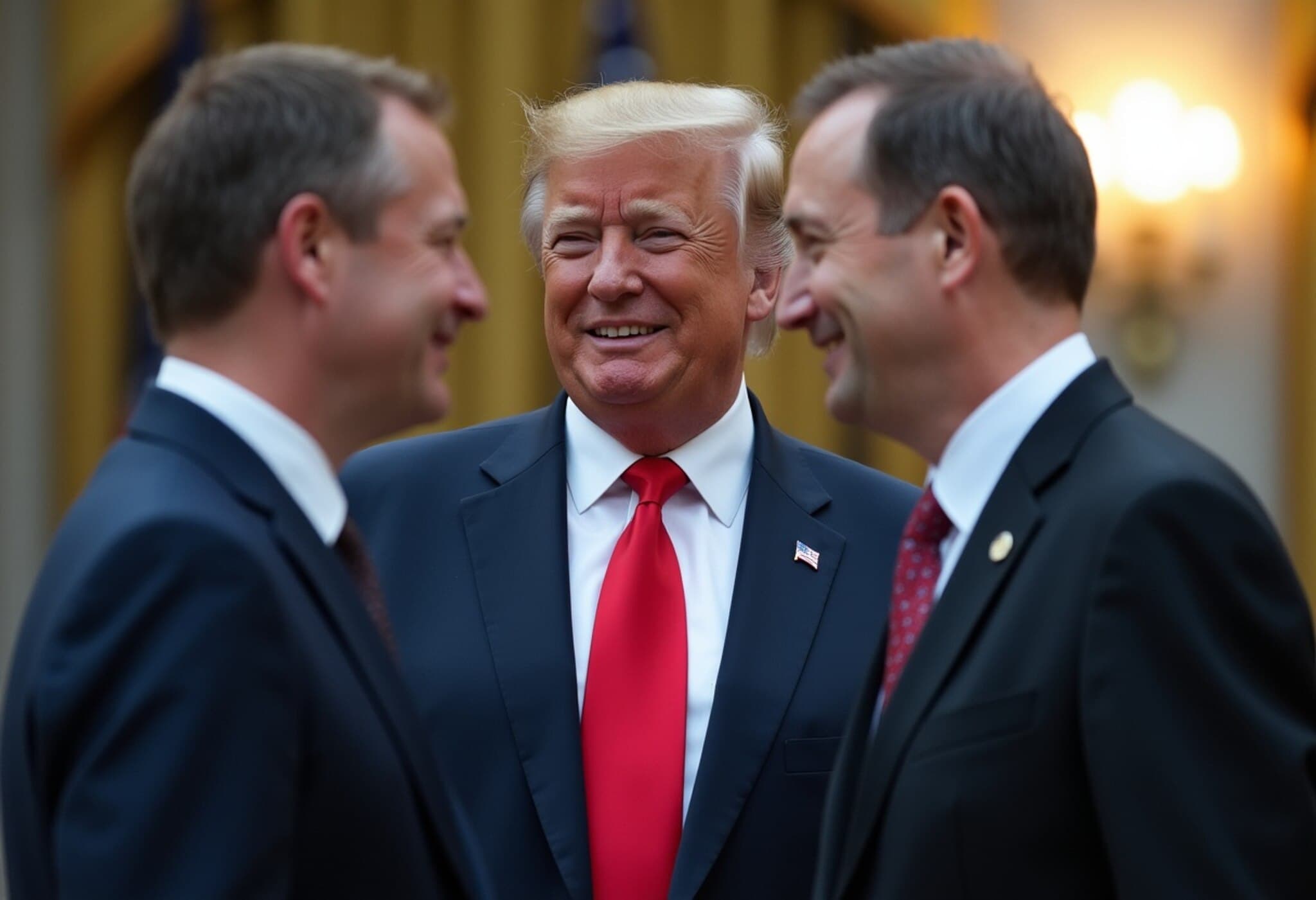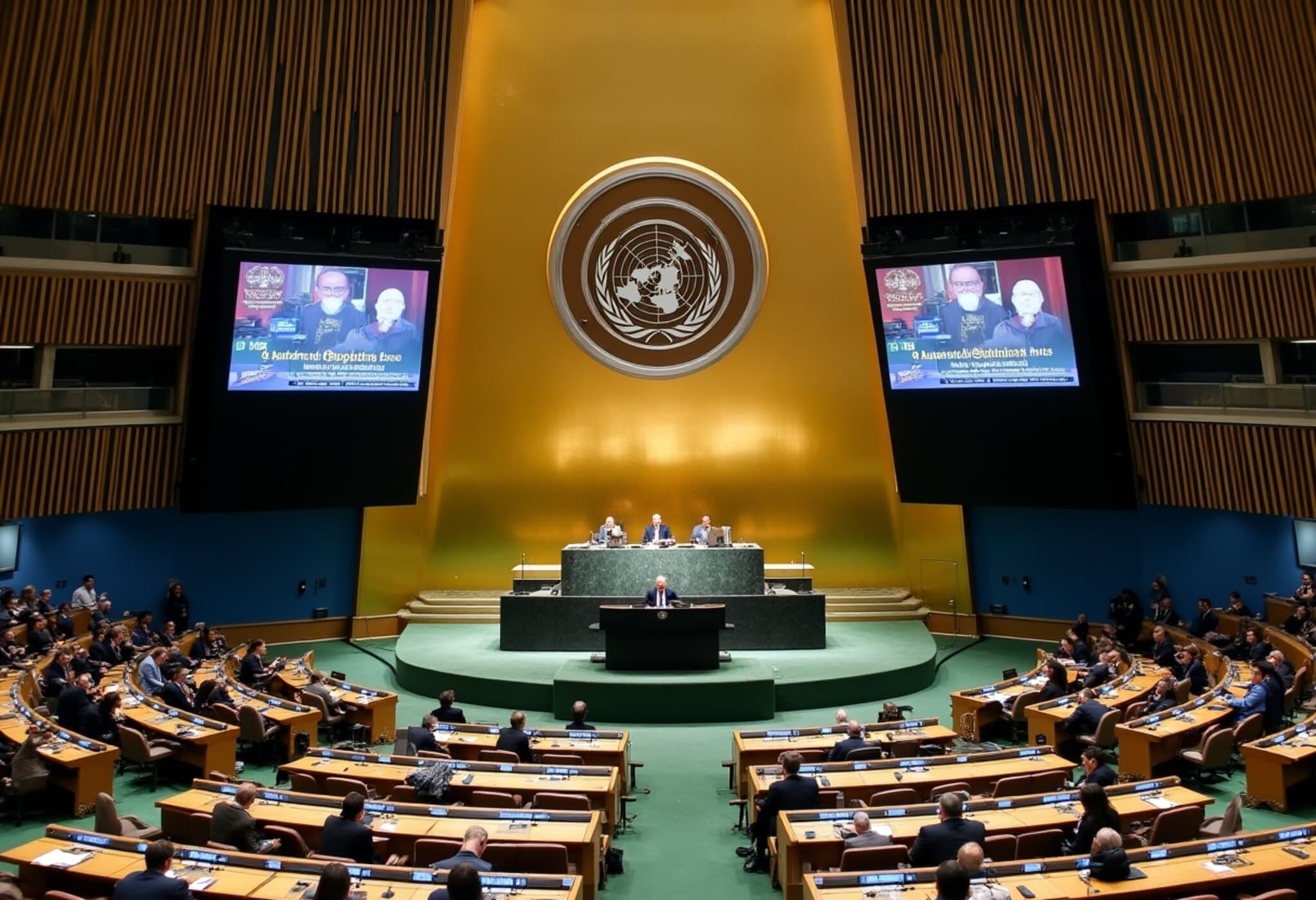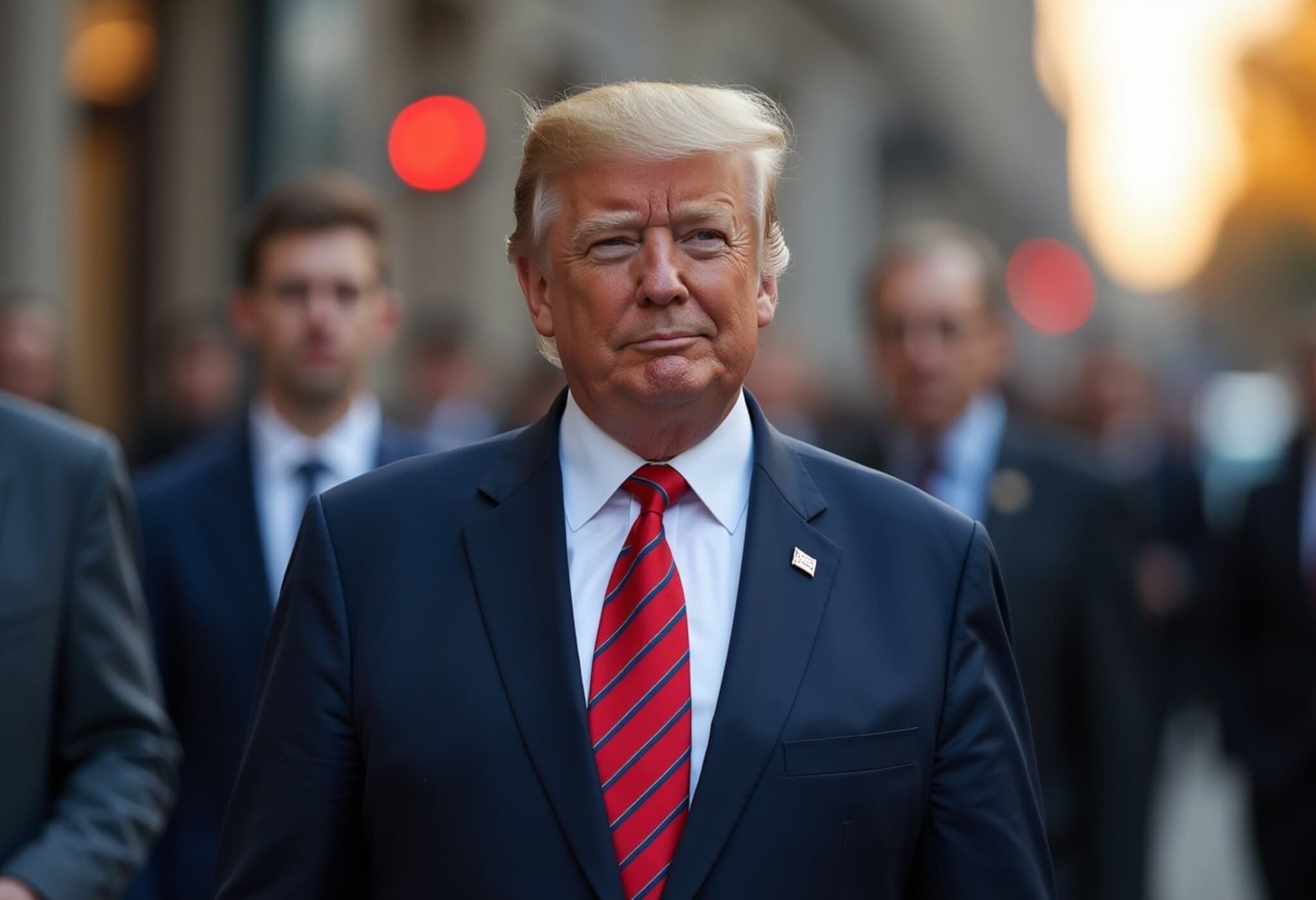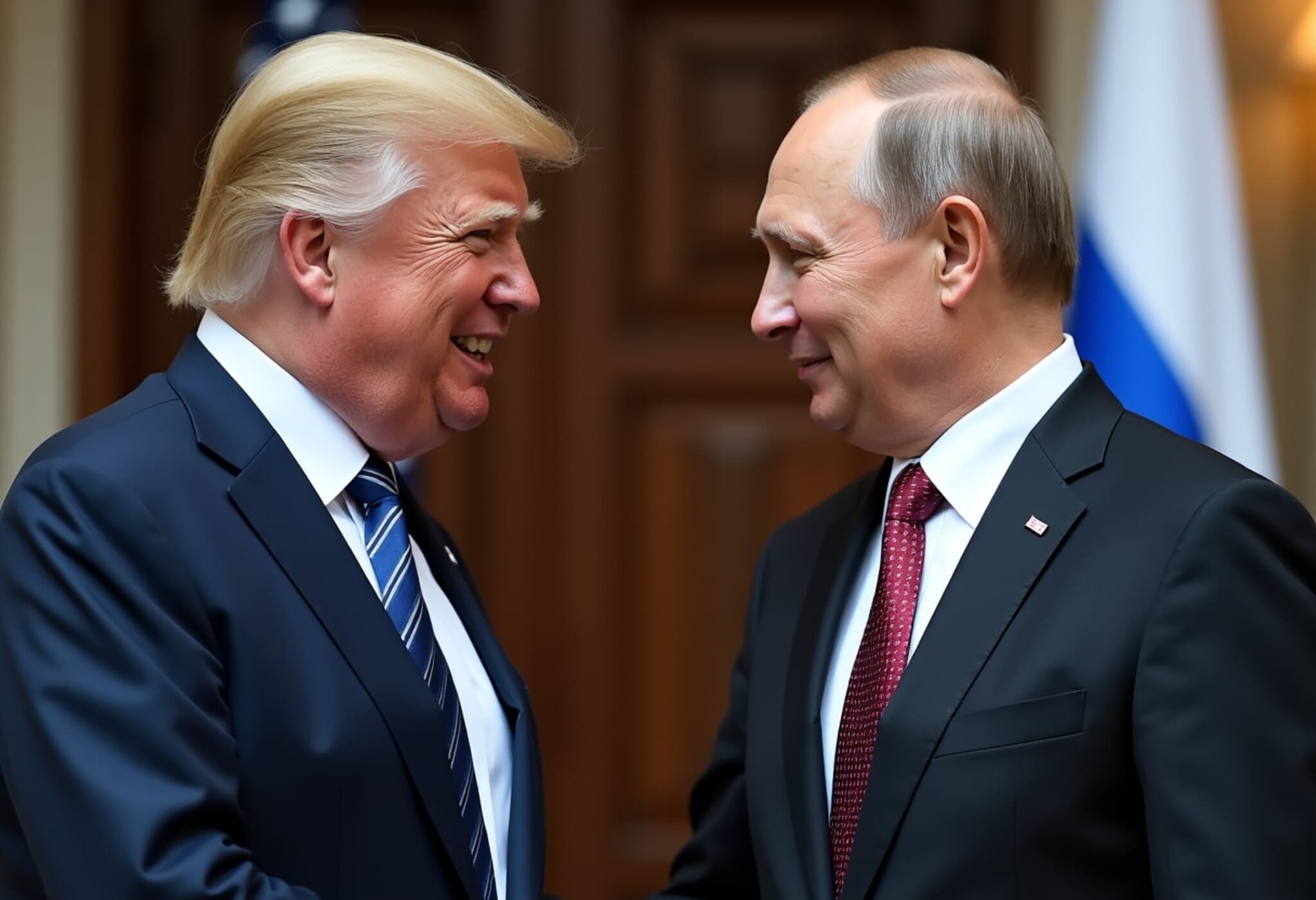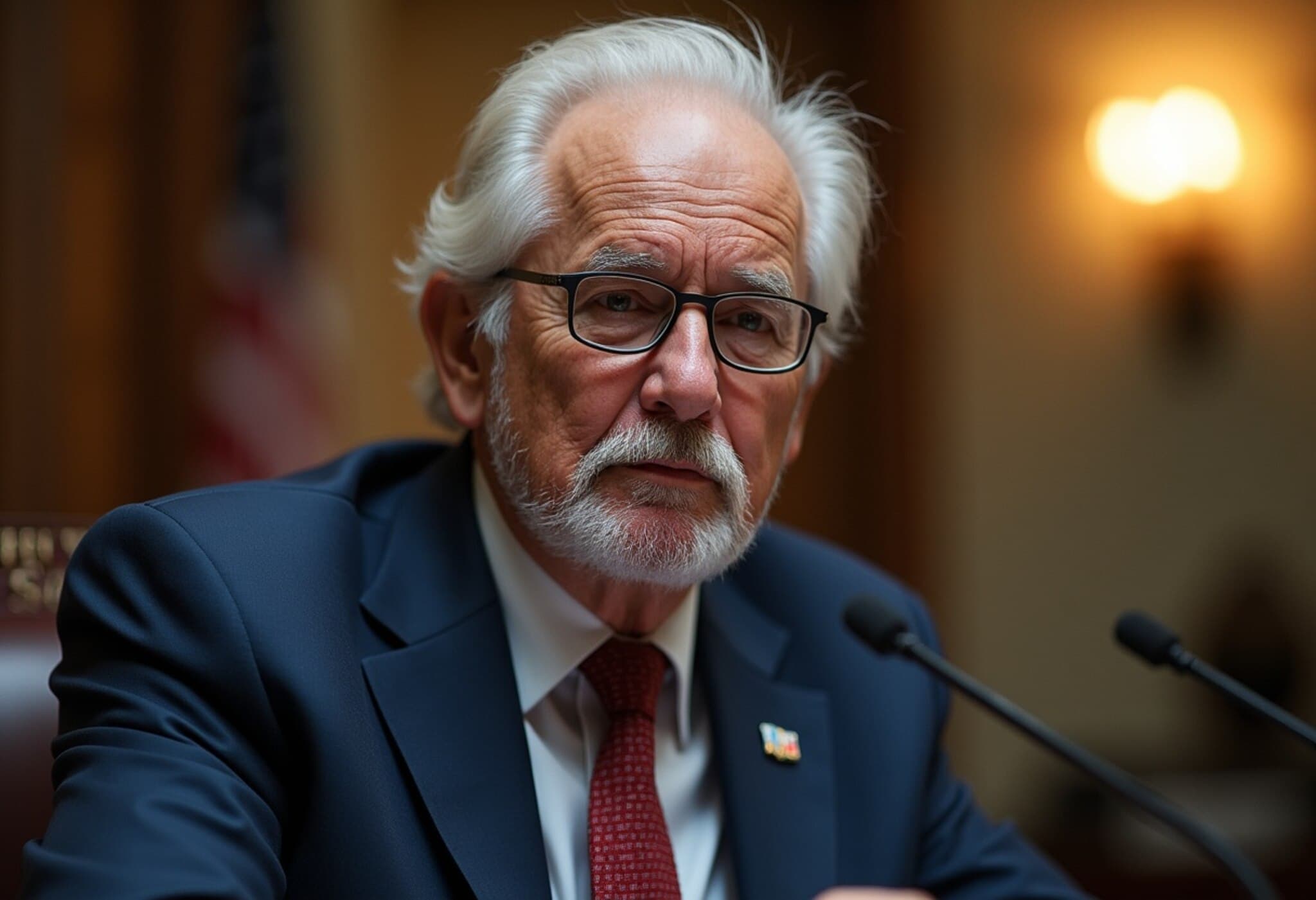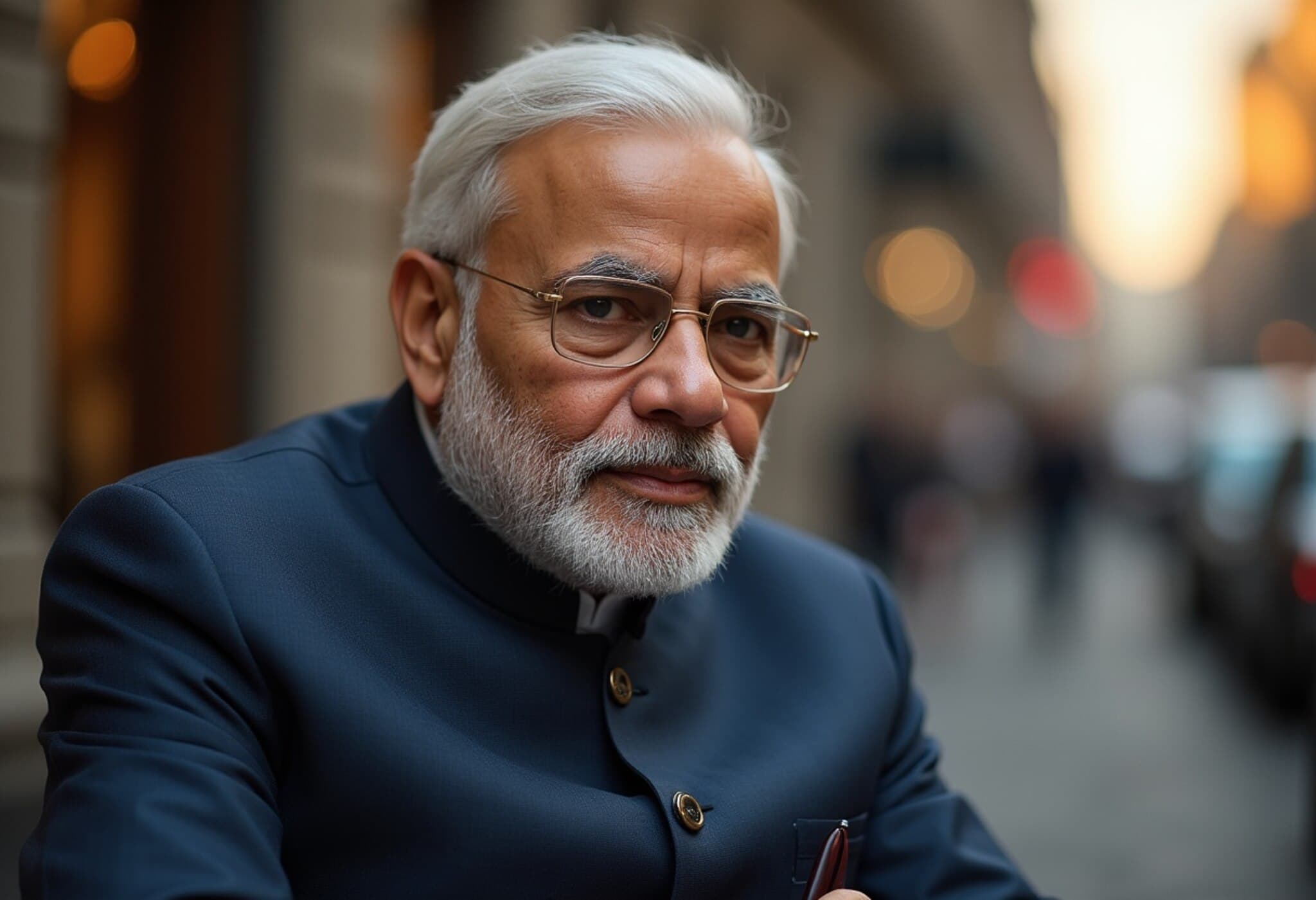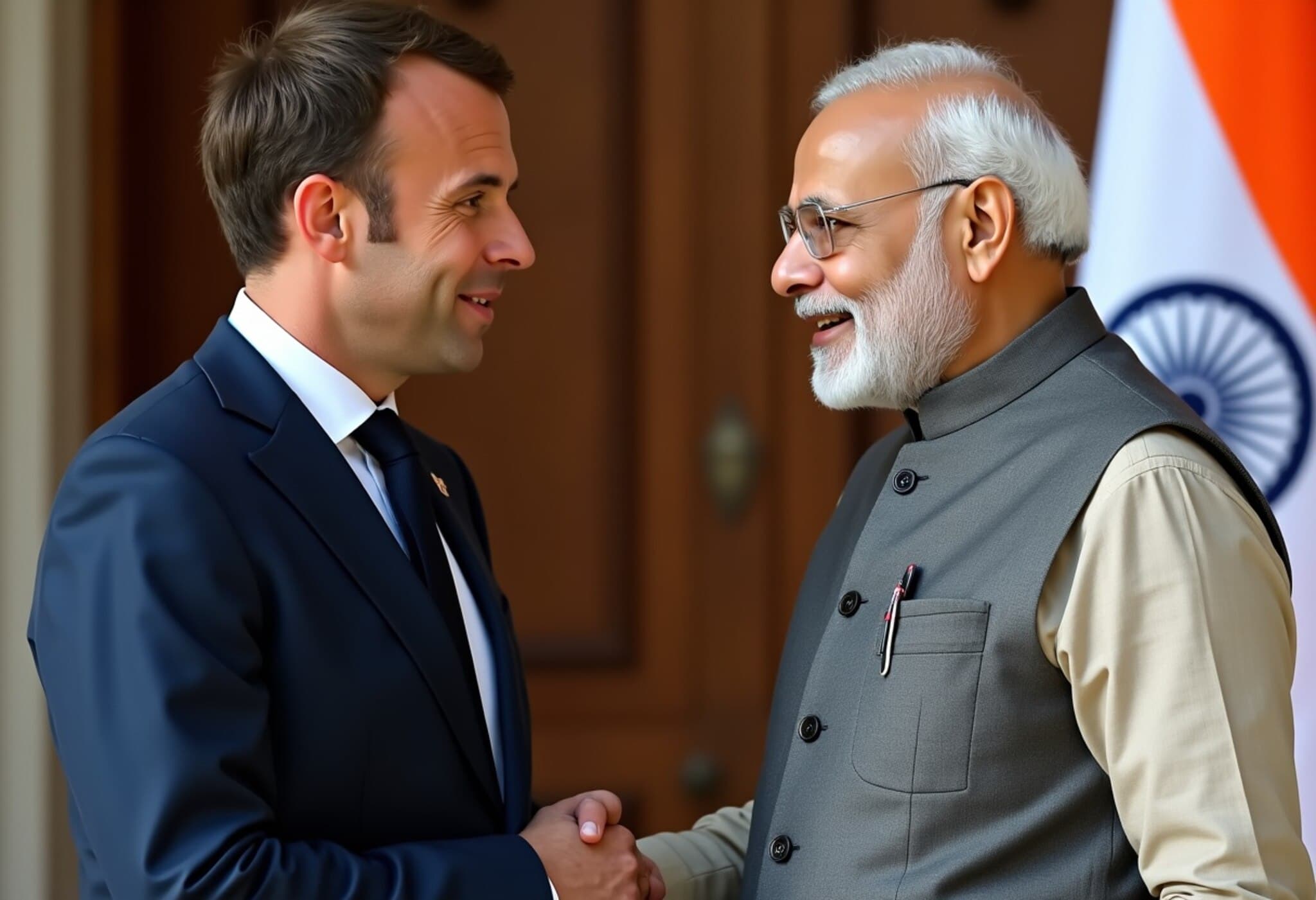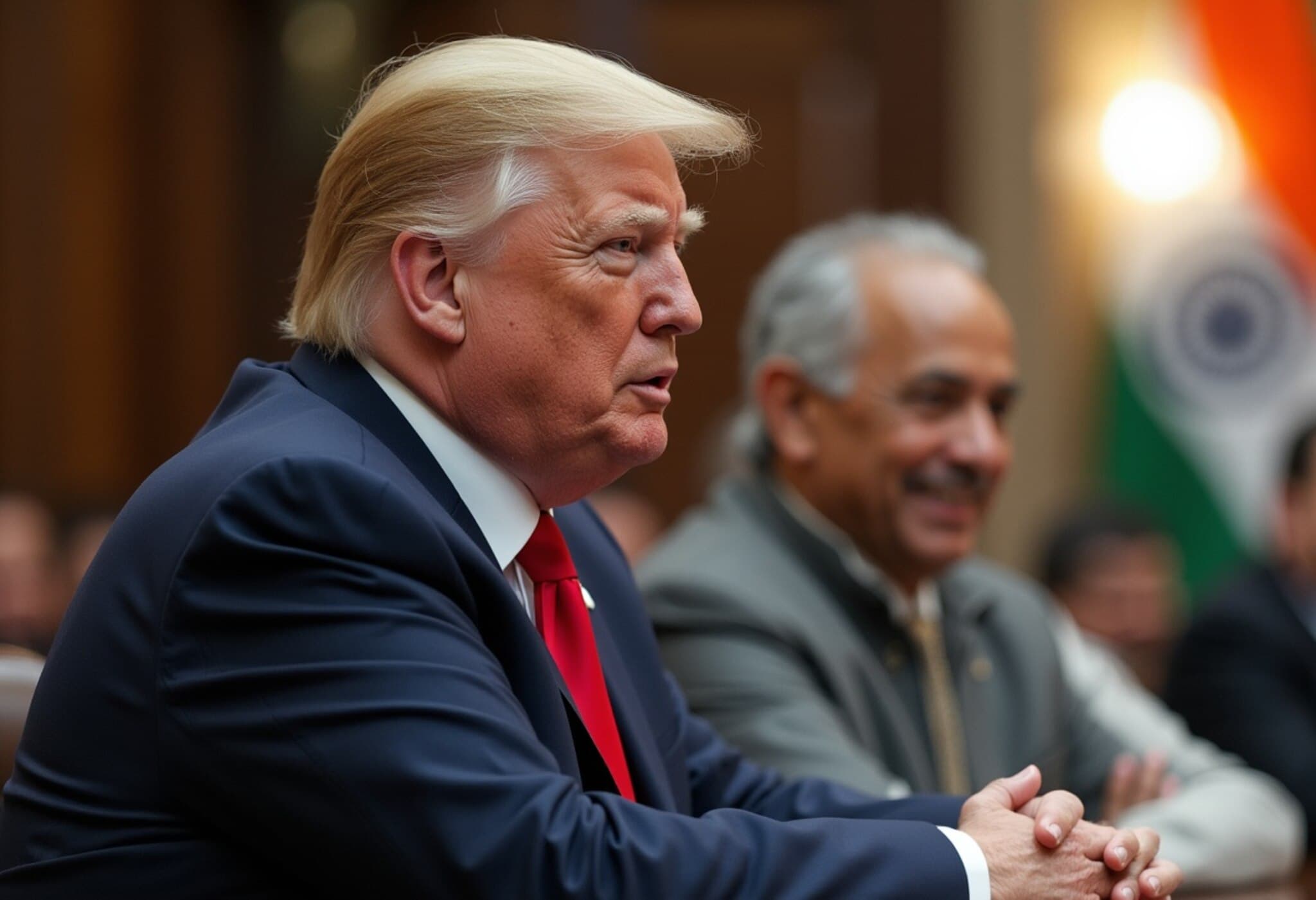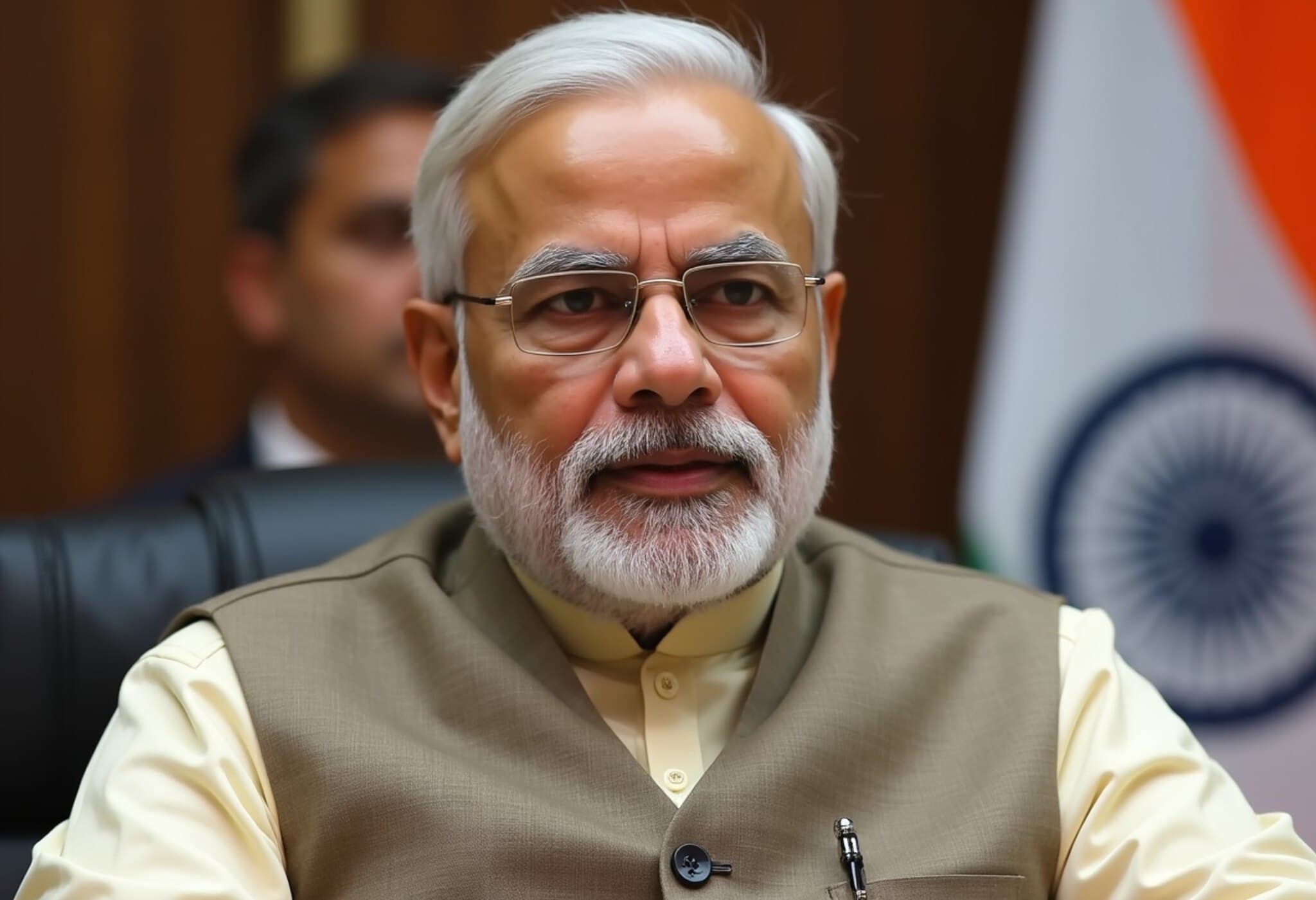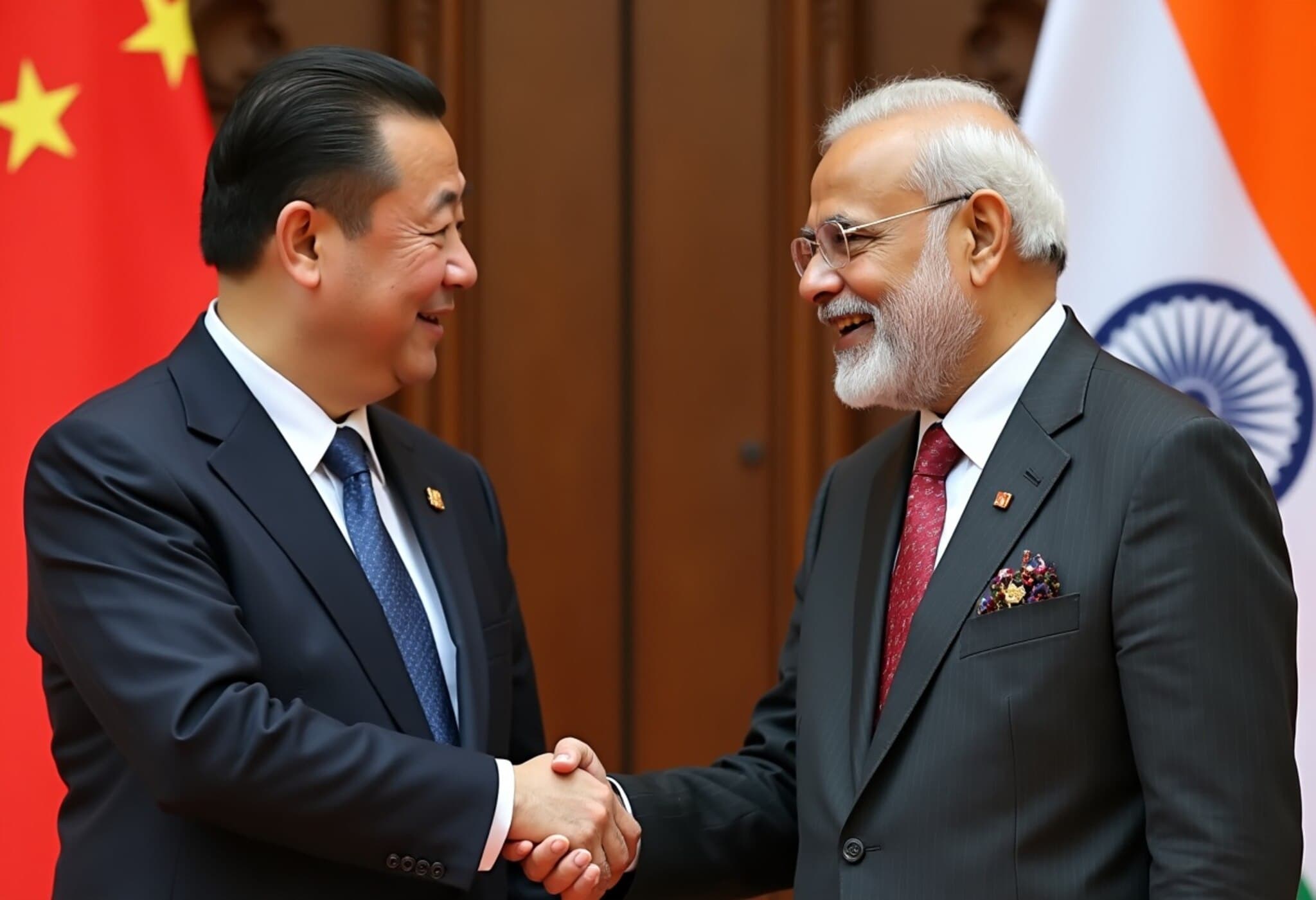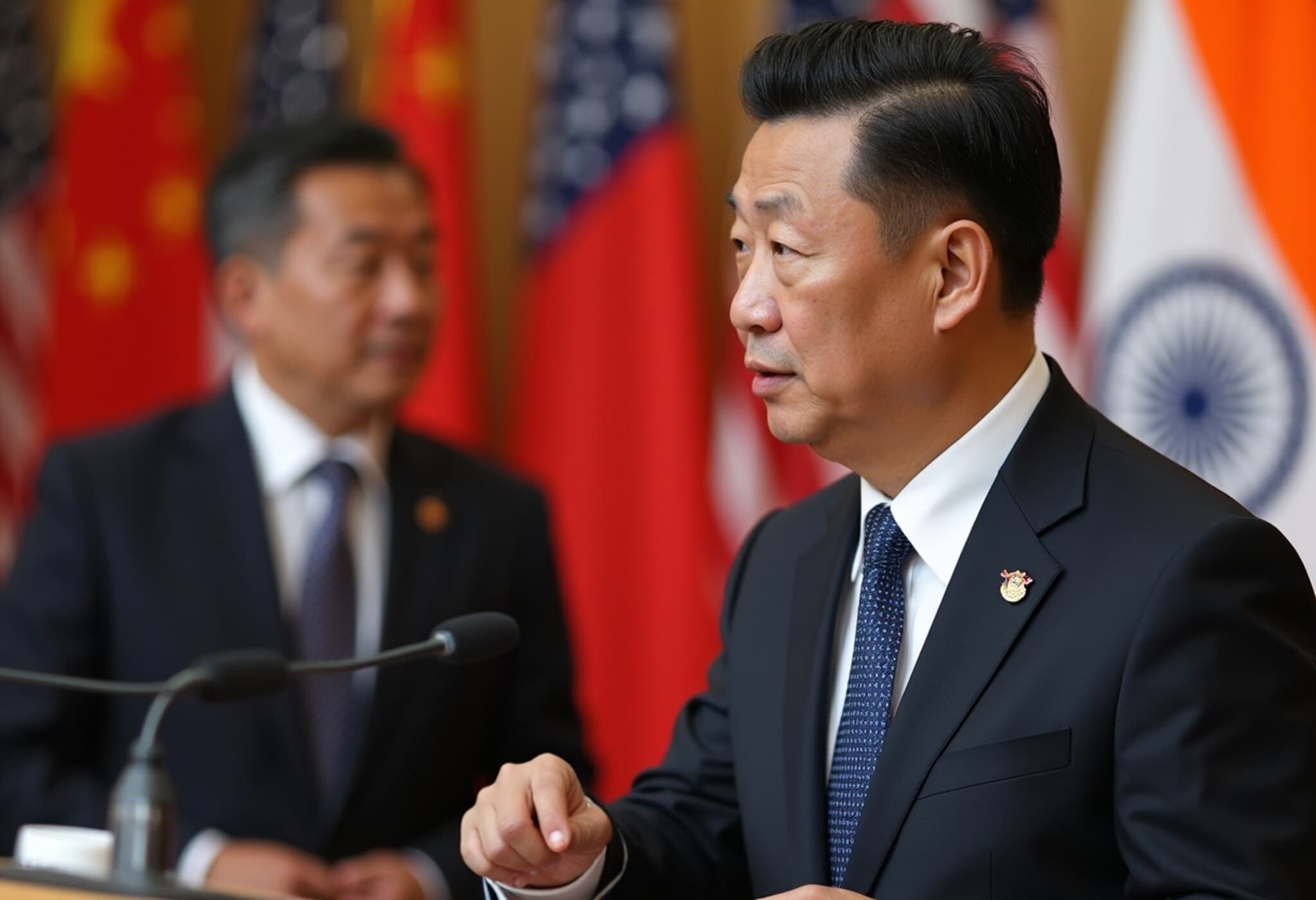China Looks Forward to PM Modi's Visit to SCO Summit in Tianjin
In a significant diplomatic development, China has officially welcomed Indian Prime Minister Narendra Modi for the upcoming Shanghai Cooperation Organization (SCO) Summit scheduled to be held in Tianjin on August 31, 2025. This marks Mr. Modi's first visit to China since the tense border clashes between Indian and Chinese troops in 2020, setting the stage for renewed dialogue and cooperation.
Building a Foundation of Solidarity and Cooperation
Speaking on behalf of the Chinese government, Foreign Ministry spokesperson Guo Jiakun expressed optimism about the forthcoming summit, framing it as an opportunity for enhancing solidarity and friendship among SCO member countries. “China welcomes Prime Minister Modi to China for the SCO Tianjin Summit,” Guo stated. “We believe that with the concerted effort of all parties, the Tianjin summit will be a gathering of solidarity, friendship, and fruitful results.”
The Stakes for Regional Stability and Economic Progress
The Shanghai Cooperation Organization, established in 2001, increasingly plays a pivotal role as a regional bloc for economic collaboration, security coordination, and anti-terrorism efforts. The SCO's membership includes China, India, Kazakhstan, Kyrgyzstan, Pakistan, Russia, Tajikistan, and Uzbekistan, bringing together some of the most geopolitically strategic countries in Eurasia.
The Tianjin Summit is expected to intensify cooperation on several fronts:
- Regional Security: Addressing border tensions and joint efforts to combat terrorism.
- Economic Development: Promoting trade connectivity and infrastructure projects under the SCO’s development frameworks.
- Diplomatic Relations: Cementing collaboration through dialogue to ensure peace and stability.
Guo highlighted that this meeting could launch the SCO into a “new stage of high-quality development,” emphasizing greater solidarity, coordination, dynamism, and productiveness as the defining characteristics moving forward.
Expert Perspective: A Step Toward Thawing India-China Relations?
Given the lingering mistrust stemming from the 2020 clash in the Galwan Valley, experts view PM Modi’s participation as a cautious yet welcome sign of diplomatic engagement. Dr. Arjun Mehta, a South Asia geopolitical analyst, suggests, “While the border issues remain sensitive, forums like the SCO provide critical neutral ground where both nations can explore practical cooperation beyond bilateral disputes.”
This summit bears importance not only for Sino-Indian relations but also for the broader tapestry of Asian geopolitics, with the potential ripple effects on U.S. and global foreign policy considerations.
Questions Ahead: Will the SCO Embrace Genuine Regional Unity?
Nevertheless, some commentators urge skepticism, questioning whether mere expressions of solidarity will translate into tangible actions. The diverse political systems and competing interests among SCO members pose inherent challenges. Can the summit overcome geopolitical rivalries—particularly between India and Pakistan or Russia’s growing assertiveness—to foster a genuinely cooperative bloc?
Looking Ahead
The SCO Tianjin Summit will be a defining moment, testing the capacity of member states to build bridges amid complex regional dynamics. PM Modi’s willingness to attend signals India's commitment to multilateral engagement, hinting at cautious optimism for future cooperation.
Editor’s Note
PM Modi’s visit to China for the SCO Summit introduces a rare diplomatic opportunity against a backdrop of past tensions. While official statements speak of solidarity and friendship, the real test will lie in substantive progress on security, economic, and political collaboration. Observers should watch closely how the summit navigates the delicate balance between rivalry and partnership in one of the world’s most strategically vital regions.




